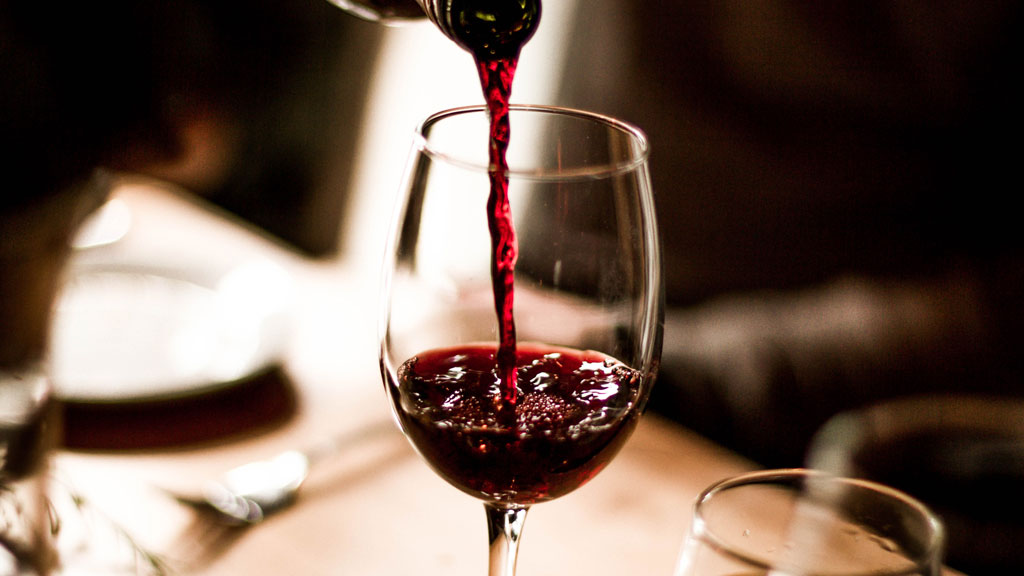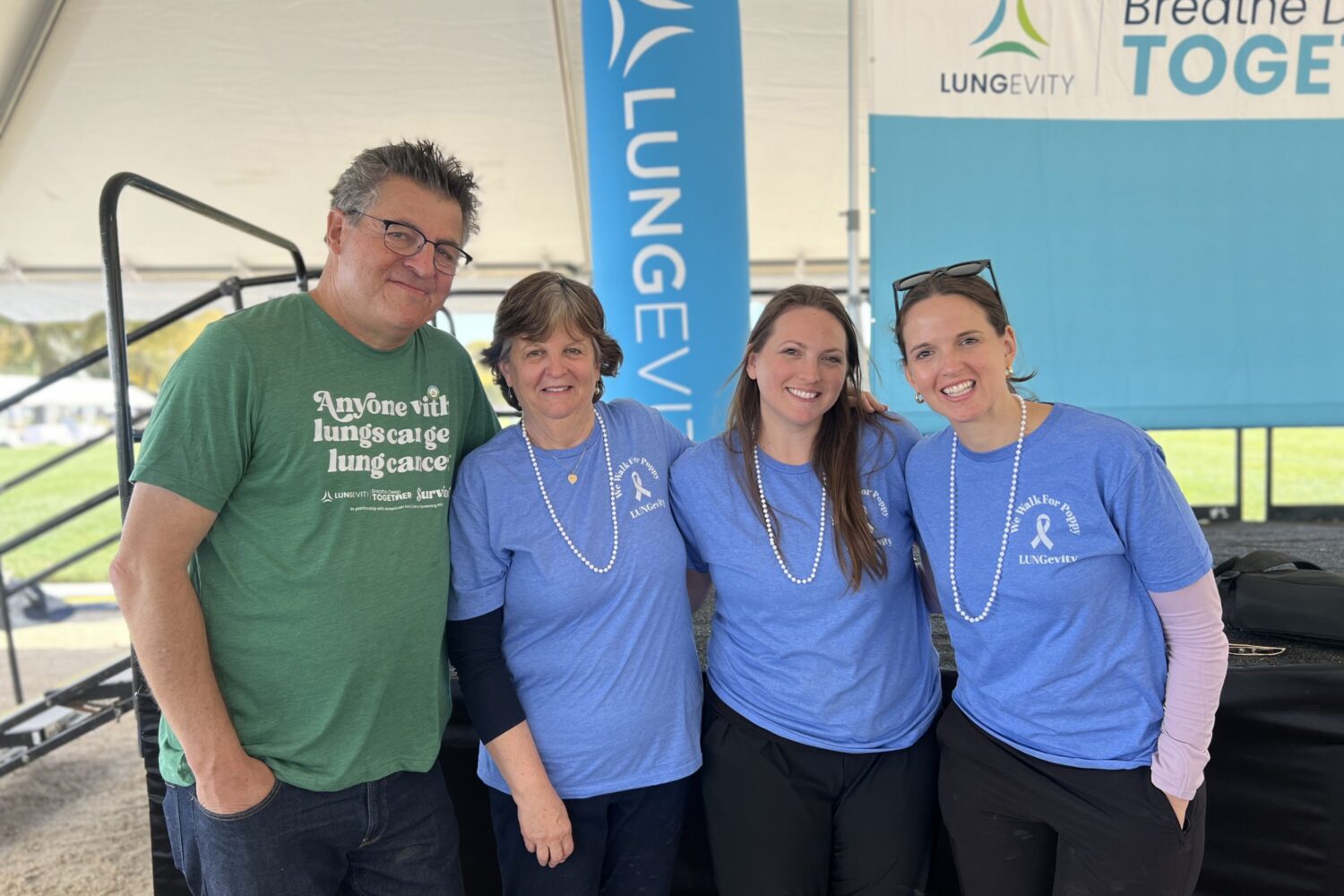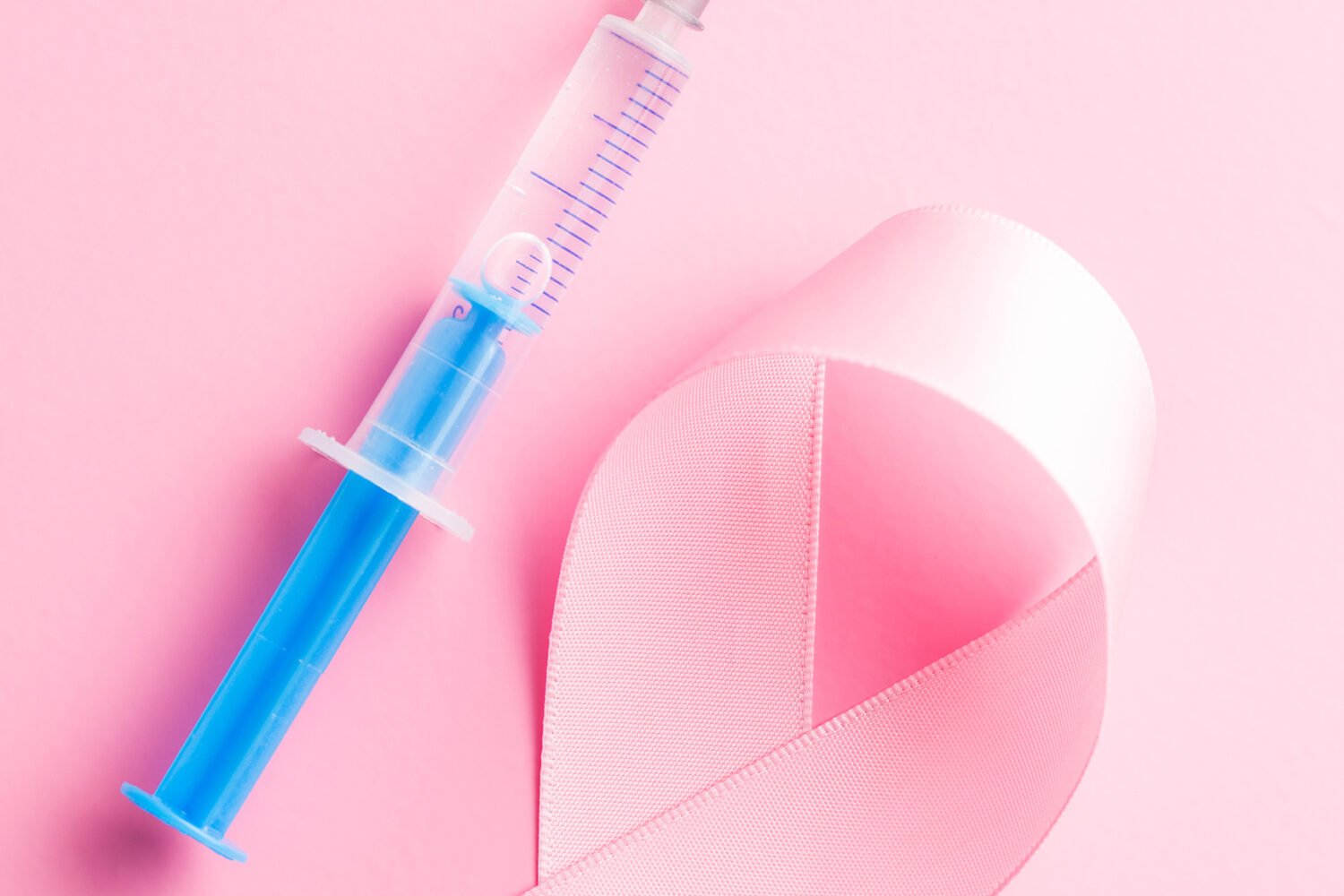For many of us, nothing feels better than walking in the door after a long day of work and pouring yourself a big ol’ glass of vino. Unfortunately, your nightly ritual might be doing you more harm than good.
According to the American Institute for Cancer Research’s (AICR) new report—which is part of on-going breast cancer research in partnership with the World Cancer Research Fund—drinking just one small glass of wine or a beer a day can increase the risk of breast cancer in pre-menopausal women by five percent and the risk in post-menopausal women by nine percent. According to the report, the authors define a “small” glass as around ten grams of alcohol, while a typical drink measure in at 14 grams.
To come up with these numbers, AICR’s head of nutrition Alice Bender says that the researchers gathered all the available published papers (which met certain criteria) on diet, weight, physical activity, and cancer prevention. Afterwards, Bender, says, the researchers pulled data from the published papers and had it analyzed by a panel of experts to produce their results.
But don’t be too disappointed: This doesn’t mean you can’t enjoy the occasional glass of wine. According to Bender, the breast cancer risk is linked more to the consistency and quantity of drinking.
“We’re not talking about the person that once or twice a week sits down and relaxes with a glass of wine or cocktail,” says Bender. “It’s really about daily drinking.”
If you are a consistent, daily drinker, Bender recommends cutting back by either enjoying smaller pours daily or picking a few days a week that you’re going to enjoy a full glass, then skipping it on other other nights. On those days when you’re limiting your quantity, Bender suggests mixing it with club soda to turn your beverage into a wine spritzer.
But in some good news, the report also found a way that women can lower their risk: exercise. With vigorous exercise, active pre-menopausal women lowered their risk by 17 percent, while post-menopausal women lowered their risk by ten percent. The report also touched on the fact that some evidence shows that eating non-starchy vegetables can decrease risk for a certain type of breast cancer tumor.
Though the report says that breast cancer is the most common form of cancer for American women, it helps to identify some of the things we can be doing to lower our risk.
“These things might seem like small steps or small actions, but when you put all those steps together, that can really be a strong or powerful action for improving your health,” says Bender.
Update: This article previously stated the report was by the American Cancer Research Institute. It has been corrected to the American Institute for Cancer Research.




















